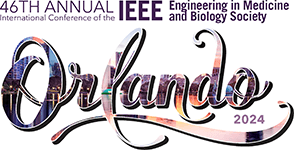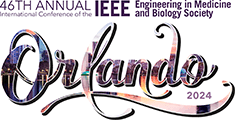Plenary Speakers
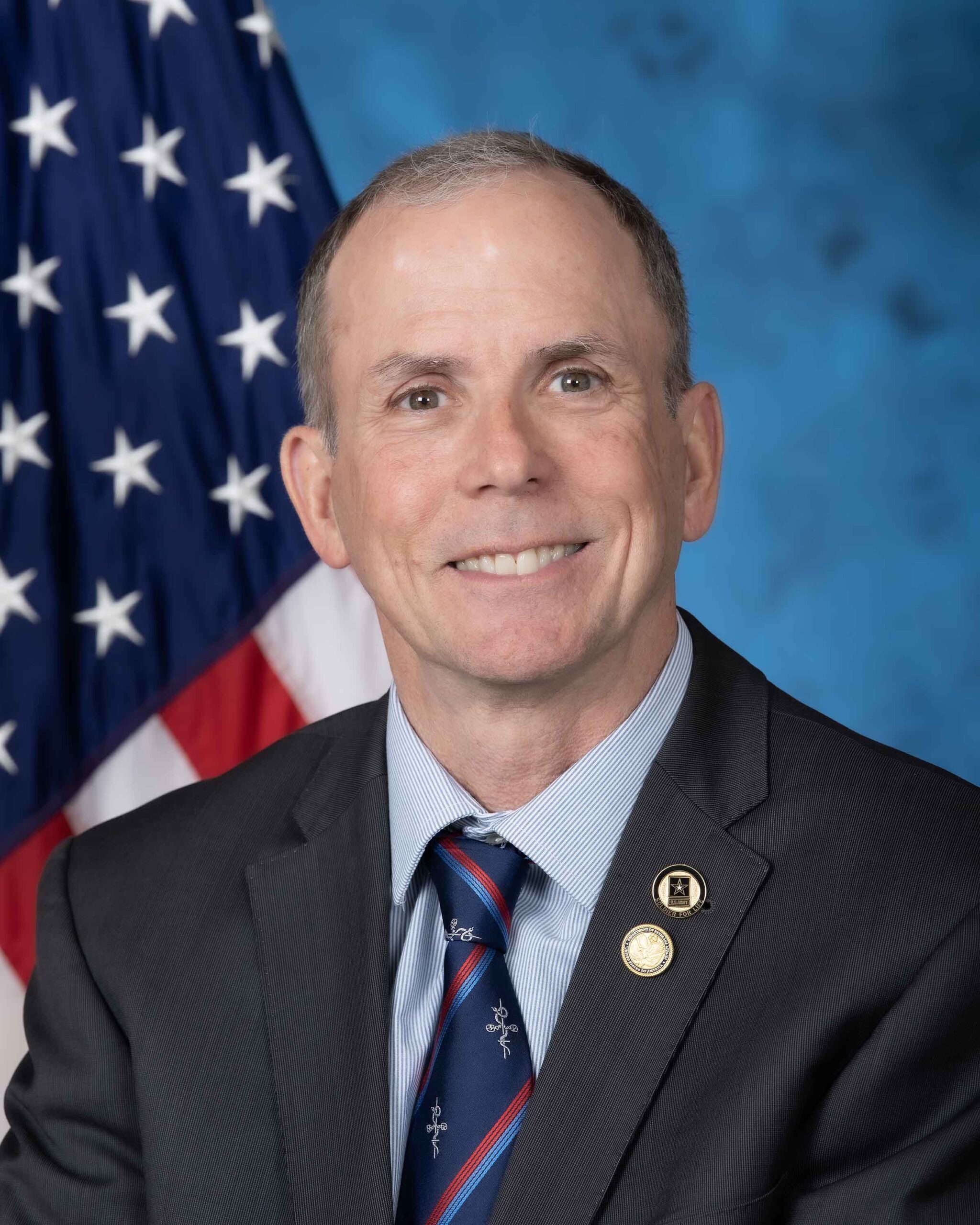
Rory A. Cooper, PhD, PLY
Plenary Presentation – “Forging a New Future: Participatory Action – Design and Engineering Technologies with People with Disabilities”.
Rory A. Cooper, PhD, PLY is the founding director of the Human Engineering Research Laboratories, a joint center of the University of Pittsburgh (Pitt) and US Department of Veterans Affairs (VA). He is a VA Senior Research Career Scientist and the FISA Foundation – Paralyzed Veterans of America Distinguished Professor at Pitt. Cooper has authored or co-authored over 400 peer-reviewed journal publications. He has 30 patents awarded or pending. He is the author of two books: “Rehabilitation Engineering Applied to Mobility and Manipulation” and “Wheelchair Selection and Configuration”, and co-editor of “An Introduction to Rehabilitation Engineering”, “Warrior Transition Leader: Medical Rehabilitation Handbook” and the award winning book “Care of the Combat Amputee”. Cooper is an elected Fellow of the National Academy of Inventors, as well as RESNA, IEEE, AIMBE and BMES. In October 2023, he was awarded the National Medal of Technology and Innovation by President Biden and he was inducted into the 50th class of the National Inventors Hall of Fame. His students have won numerous awards and are leaders throughout the world.
Theme Keynote Speakers
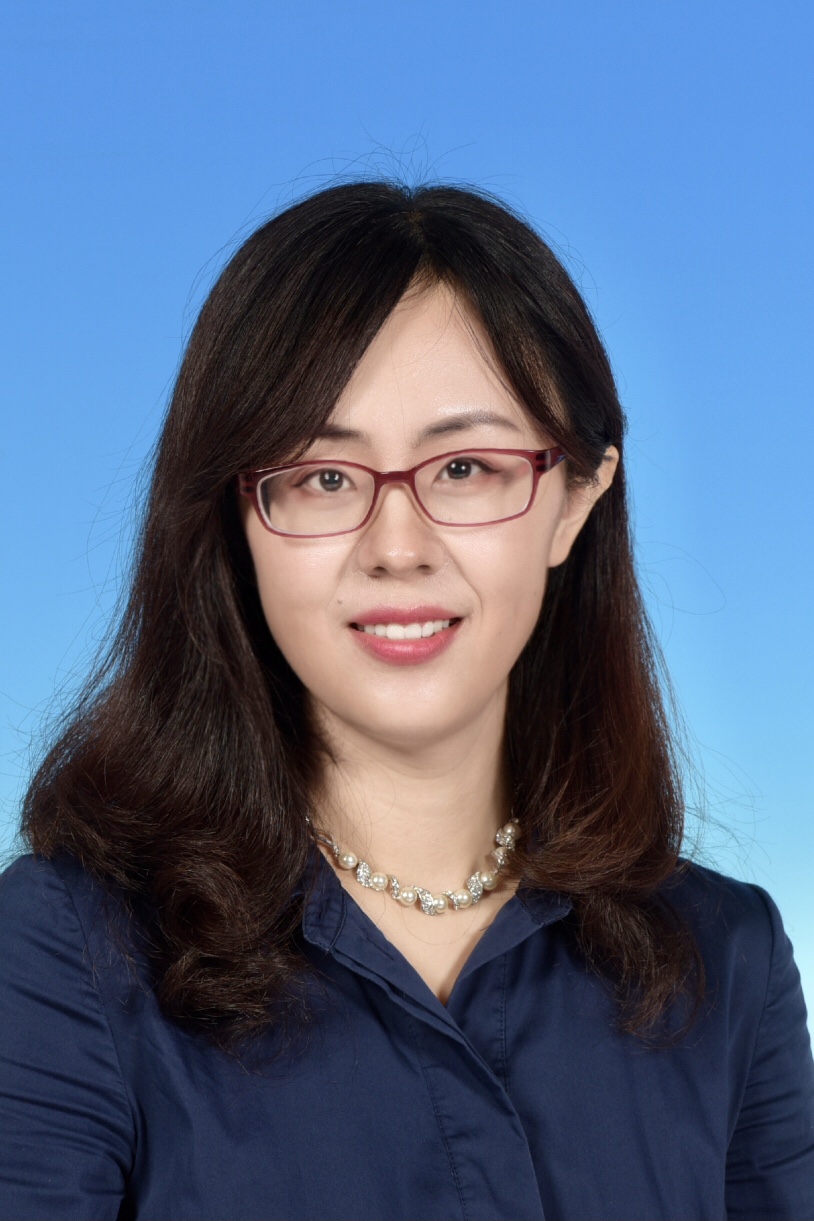
Yiwen Wang
Theme 6: Neural and Rehabilitation Engineering (NRE)
Yiwen Wang received B.S. and M.S. degrees from University of Science and Technology of China (USTC), Hefei, Anhui, China respectively. She received a Ph.D. degree from University of Florida, Gainesville, FL, USA. She joined as an associate professor at Zhejiang University, Hangzhou, China. She is now an associate professor with substantiation at the Department of Electronic and Computer Engineering, Department of Chemical and Biological Engineering, the Hong Kong University of Science and Technology.
Her research interests are in neural decoding of brain-machine interfaces, adaptive signal processing, computational neuroscience, and neuromorphic engineering. She served as the Chair of the IEEE EMBS Neural Engineering Tech Committee, the Chair of the IEEE BRAIN publication subcommittee, and the board member of Brain Computer Interfaces Society. She was the Editor-in-Chief of the IEEE Brain Newsletter. She also serves on the editorial board of the Journal of Neural Engineering, an associate editor of the IEEE Transactions on Neural Systems and Rehabilitation Engineering, and was the associate editor of Frontiers in Human Neuroscience (Brain-Computer Interfaces), associate editor of the IEEE Transactions on Cognitive and Developmental Engineering. She was recognized as IEEE EMBS distinguished lecturer in 2022, and received IEEE EMBS Distinguished Service award in 2023. She holds two US patents and has authored more than 100 peer-reviewed publications.
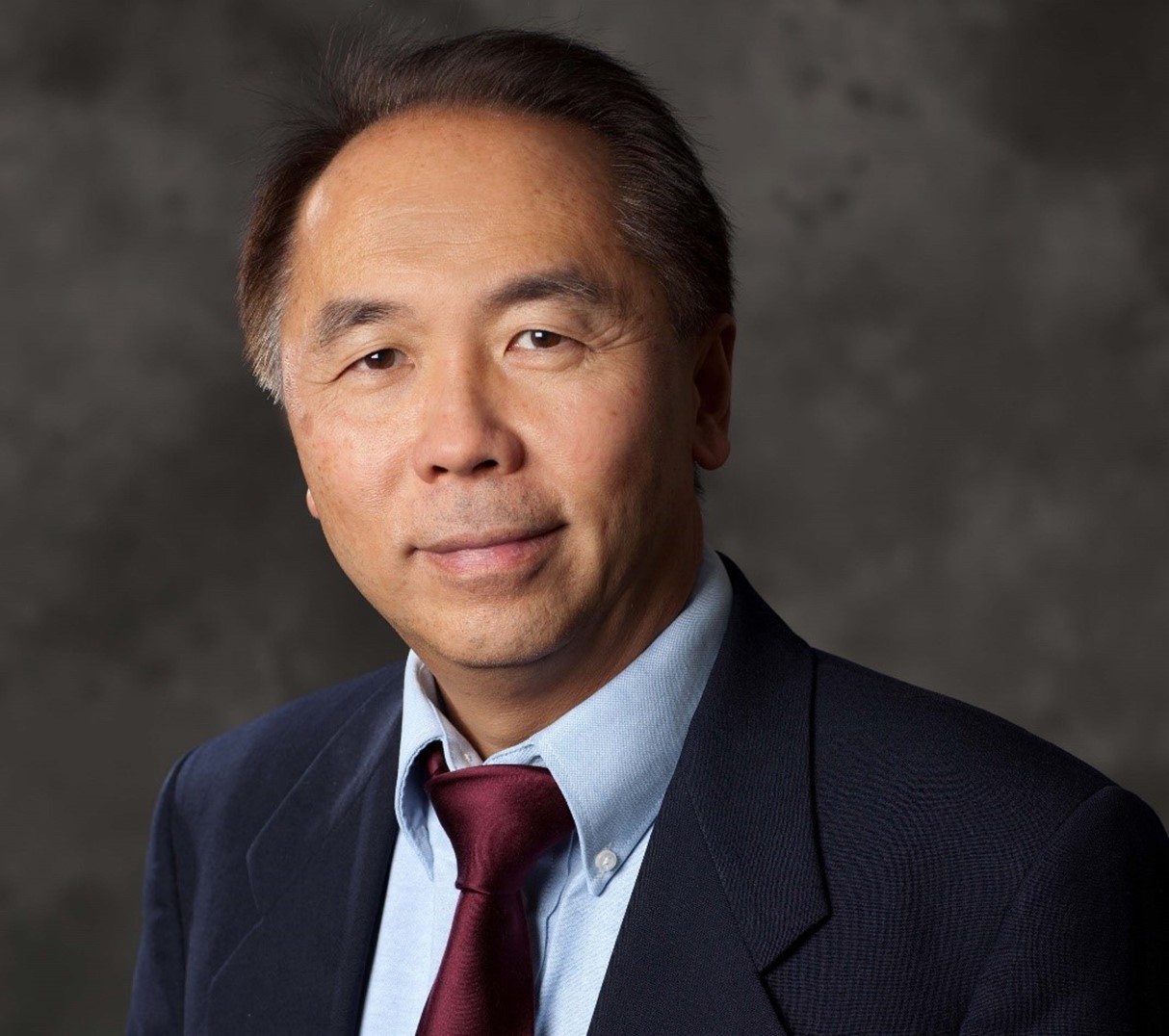
Dr. Michael Khoo
Theme 5: Hypnos unveiled: Exploring cardiovascular and respiratory variability during sleep
Dr. Michael Khoo is the Dean’s Professor of Biomedical Engineering and Pediatrics at the University of Southern California. He received his undergraduate and doctoral training from Imperial College (University of London) and Harvard University, respectively. He was Department Chair of Biomedical Engineering and Co-Director of Education and Outreach in the National Science Foundation Engineering Research Center on Biomimetic Microelectronic Systems from 2003 to 2010. He served as a member of EMBS AdCom, as Vice-President for Conferences, and as Chair of the 2012 EMBS International Conference. He is a Fellow of the IEEE, Biomedical Engineering Society, the American Institute of Medical and Biological Engineering, and the International Academy of Medical and Biological Engineering. He was the recipient of a NIH Research Career Development Award and an American Lung Association Career Development Award. He is currently the Director of “SleepHuB”, a USC collaboratory that seeks to address important medical and societally relevant problems in sleep health with research approaches that deploy local resources, novel ideas and cutting-edge technological tools. His research focuses on developing dynamic computational models of the mechanisms underlying abnormal autonomic, metabolic and sleep regulation in chronic diseases, such as sleep-disordered breathing, hypertension, metabolic syndrome, and sickle cell disease.

Laura Waller
Theme 11: Computational Microscopy of Dynamic Samples
Laura Waller is the Charles A. Desoer Professor of Electrical Engineering and Computer Sciences at UC Berkeley. She received B.S., M.Eng. and Ph.D. degrees from the Massachusetts Institute of Technology in 2004, 2005 and 2010. After that, she was a Postdoctoral Researcher and Lecturer of Physics at Princeton University from 2010-2012 before joining UC Berkeley. She is a Packard Fellow for Science & Engineering, Moore Foundation Data-driven Investigator, OSA Fellow, and Chan-Zuckerberg Biohub Investigator. She has received the Carol D. Soc Distinguished Graduate Mentoring Award, OSA Adolph Lomb Medal, NSF CAREER Award and the SPIE Early Career Achievement Award.
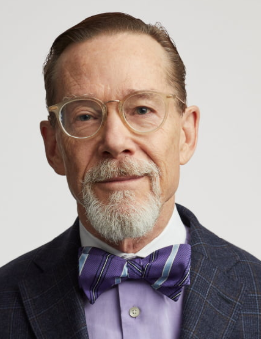
David E. Albert, M.D.
Theme 7: The Revolution in Personal Cardiac Diagnostic Technology
David E. Albert, MD is a physician, inventor and serial entrepreneur who has developed medical technologies and products over the last 40 years, turning a number of those innovations into tech startups. He is a founder and Chief Medical Officer of AliveCor. His previous startups include Corazonix Corp (sold to Arrhythmia Research Technology) and Data Critical (sold to GE). He invented the AliveCor® KardiaMobile™ in 2010 and it immediately became a global sensation via a four-minute YouTube Video in January 2011. Dr. Albert has 81 issued US patents. He has authored or co-authored over 100 scientific abstracts and publications principally in the Cardiology literature. Dr. Albert has lectured at universities and leading medical centers all over the world as well as being a regular faculty member at the major Cardiology Scientific Meetings (AHA, ACC, HRS, TCT). Dr. Albert graduated with Honors from Harvard College and from Duke University Medical School. Dr. Albert currently lives in Los Angeles with his wife. They have four children and two granddaughters.
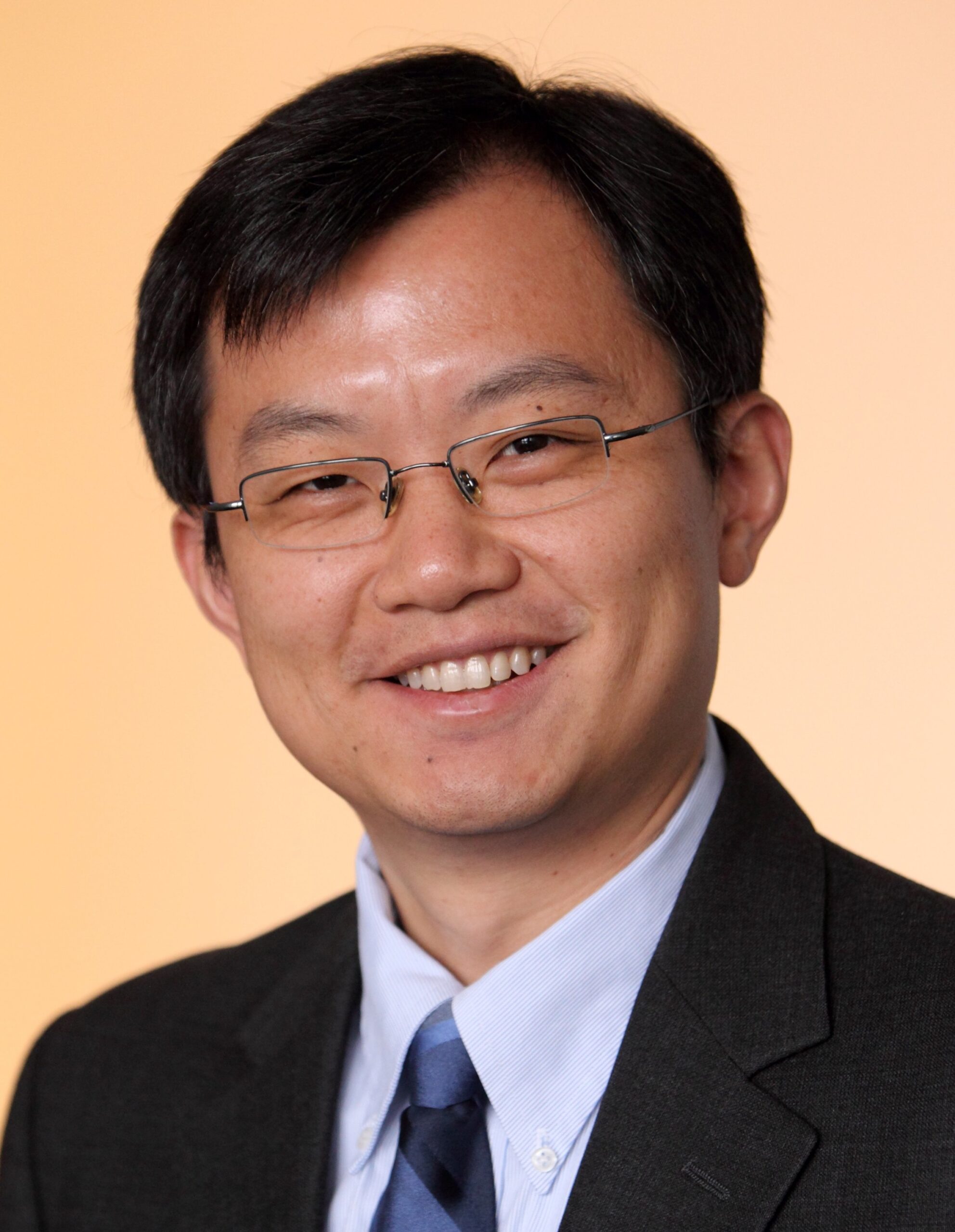
Yu (Brandon) Xia
Theme 4: Multiscale Modeling and Design Principles of Biomolecular Networks
Yu (Brandon) Xia is a Professor in the Department of Bioengineering at McGill University, where he holds the Canada Research Chair (Tier 1) in Computational and Systems Biology. He graduated from Peking University with B.S. in Chemistry (major) and Computer Science (minor). He received his Ph.D. in Chemistry from Stanford University, specializing in computational biology with Michael Levitt. After postdoctoral research in bioinformatics with Mark Gerstein at Yale University, he became an Assistant Professor of Bioinformatics and Chemistry at Boston University, with a secondary appointment in Biomedical Engineering. He joined McGill University in 2013 as Associate Professor and was subsequently promoted to Professor. His research uses computation and data science to probe design principles of proteins and protein networks in health and disease.
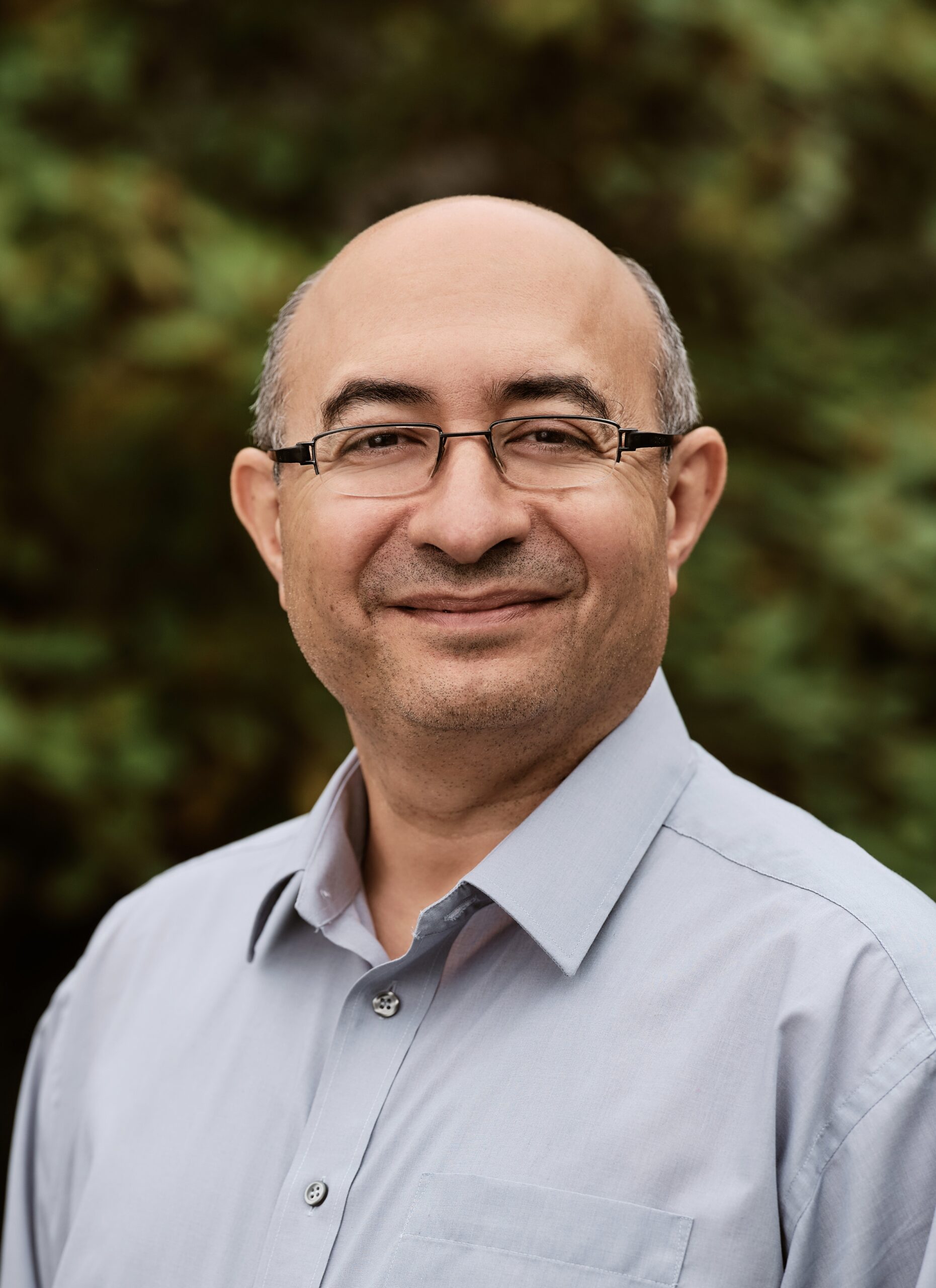
Dr. Purang Abolmaesumi
Theme 2: Machine Learning Technologies for Accessible Point of Care Ultrasound
Purang Abolmaesumi received his BSc (1995) and MSc (1997) from Sharif University of Technology, Iran, and his PhD (2002) from UBC, all in Electrical Engineering. From 2002 to 2009, he was a faculty member with the School of Computing, Queen’s University. He then joined the Department of Electrical and Computer Engineering at UBC, where he is a Professor, with Associate Memberships to Department of Urologic Sciences and School of Biomedical Engineering.
Dr. Abolmaesumi’s internationally recognized research program investigates advanced topics in medical imaging, machine learning on data at scale, and image-guided diagnosis and interventions.
Dr. Abolmaesumi is a Distinguished University Scholar, and the recipient of the Killam Faculty Research Prize, the Killam Award for Excellence in Mentoring and the Killam Faculty Research Fellowship at UBC. He currently serves as an Associate Editor of the IEEE Transactions on Medical Imaging and has served as an Associate Editor of the IEEE TBME between 2008 and 2012. He is a Board Member of the International Society for Computer Aided Surgery, and has served on the Program Committees of the Medical Image Computing and Computing and Computer-Assisted Intervention (MICCAI), International Society for Optics and Photonics (SPIE) Medical Imaging, and the International Conference on Information Processing in Computer-Assisted Interventions (IPCAI). Dr. Abolmaesumi served as the General Chair of IPCAI 2014 and 2015, and has served as Program Chair of IPCAI 2012 in Pisa and Workshop and Tutorial Chair of MICCAI 2011 and 2015. He also served as the Program Chair for MICCAI 2020, and local Chair for MICCAI 2023. Dr. Abolmaesumi is a member of the Royal Society of Canada, a Fellow of MICCAI, and a Fellow of the Canadian Academy of Engineering.
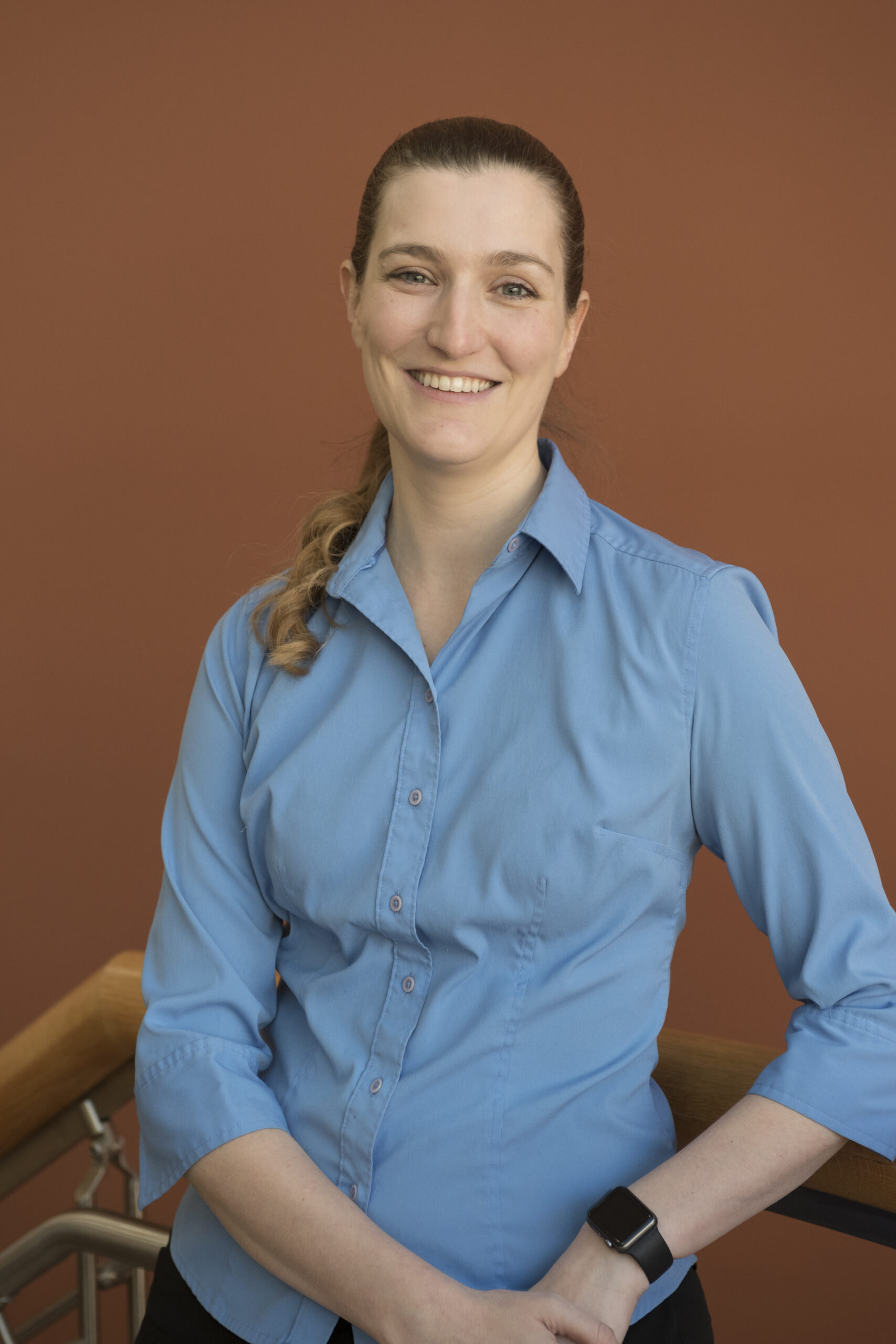
Delphine Dean, Ph.D.
Theme 9: Accessible Infectious Diseases Testing: Lessons learned from COVID-19 in Upstate South Carolina
Delphine Dean, Ph.D.
Ron and Jane Lindsay Family Innovation Professor and Chair, Department of Bioengineering, Clemson University
Dr. Delphine Dean is the Ron and Jane Lindsay Family Innovation Professor and Chair of Bioengineering at Clemson University. Prior to joining Clemson in 2005, Dr. Dean earned her S.B., M.Eng., and Ph.D. in Electrical Engineering and Computer Science from MIT. She is focused on developing accessible healthcare solutions for underserved populations. Her research lab leads studies covering a wide range of areas from cardiovascular cell biomechanics, radiation biology, and medical device design. For over a decade, Dr. Dean has designing innovative medical devices tailored to low-resource environments. Her initiatives range from a cervical collar crafted from African grasses to a minimally invasive marker for breast cancer surgery patients. In response to the COVID-19 pandemic, Dr. Dean was part of a South Carolina wide initiative to create affordable and accessible saliva-based testing. She established the Research and Education in Disease Diagnostics and Intervention (REDDI) clinical diagnostic lab at Clemson, which conducted over 1.1 million COVID-19 tests for the university and the Upstate South Carolina community. The lab continues to expand its reach, now facilitating accessible clinical testing and educational opportunities for students.
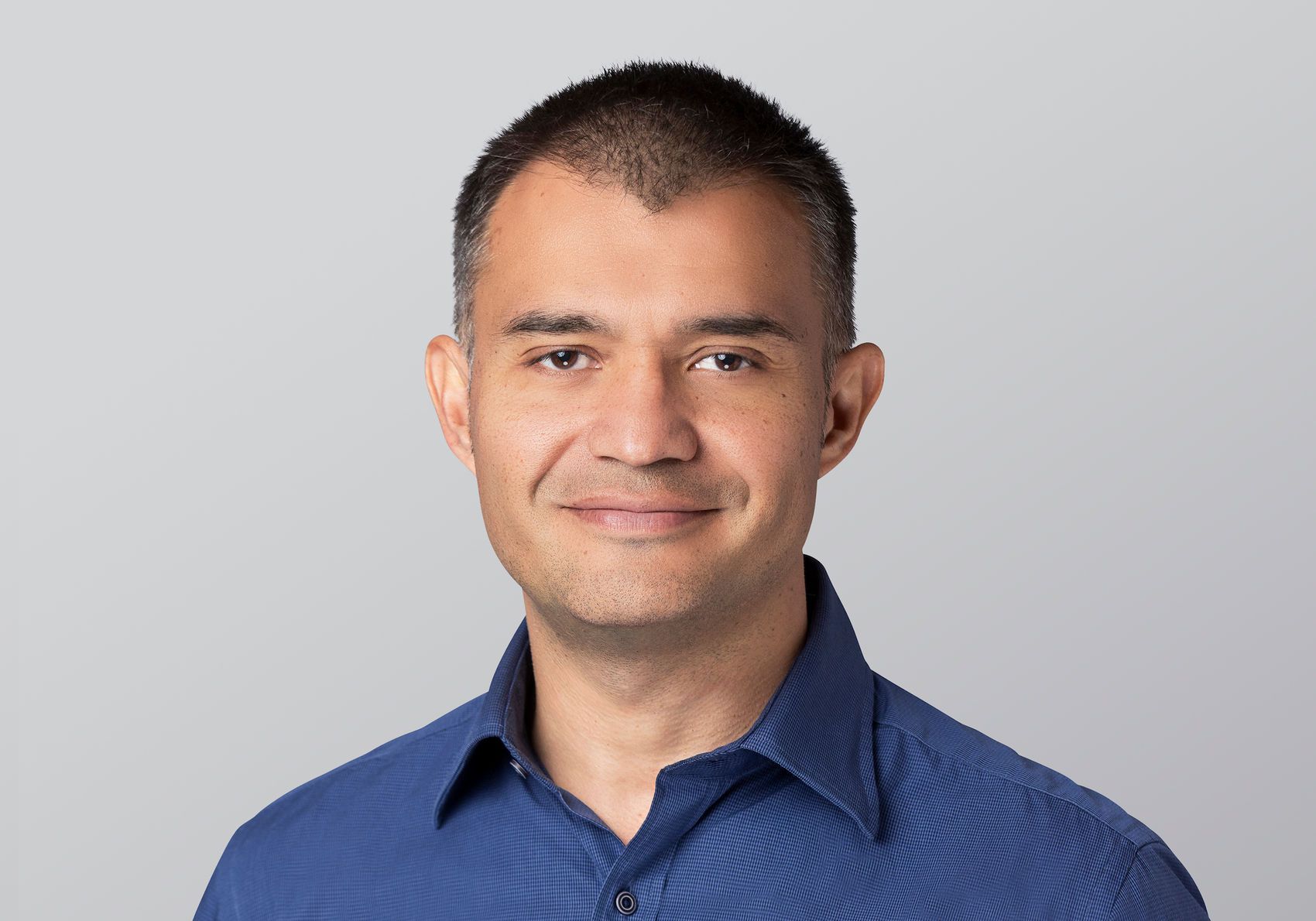
Prof. Max Ortiz C., Ph.D.
Theme 8: Highly integrated bionic limbs and neurorehabilitation of pain
Prof. Max Ortiz Catalán, Ph.D., is the Head of Neural Prosthetic Research at the Bionics Institute and Honorary Principal Fellow at the University of Melbourne, both in Melbourne, Australia. He has created several biomedical innovations, including the first bionic limb connected to the user’s skeleton, nerves, and muscles, and novel treatments for neuropathic pain due to sensorimotor impairments that are currently used worldwide. He has authored 100+ scientific publications and has been keynote and guest speaker in 100+ international conferences and universities worldwide. Several documentaries and 100+ popular science articles in over a dozen languages have featured his work. He has received several honors for his work, notably the “Swedish Embedded Award” by the Swedish Electronic Association in 2018, the “Brian & Joyce Blatchford Award” by ISPO in 2017, the “Delsys Prize” by Delsys in 2016, and the “European Youth Award” by the European Council in 2014.
Prof. Ortiz Catalán research includes bioelectric signals acquisition electronics (analog and digital); bioelectric signal processing and machine learning algorithms for decoding motor volition and control; neuromuscular interfaces; neurostimulation for sensory feedback; bone-anchored prostheses and osseointegration; and virtual and augmented reality for neuromuscular rehabilitation and the treatment of phantom limb pain.
